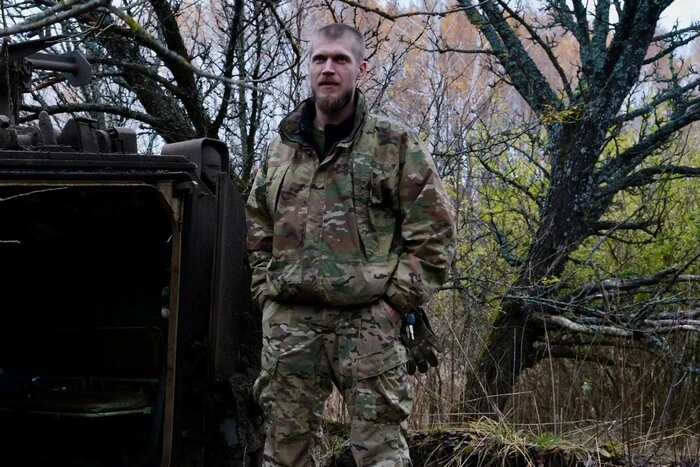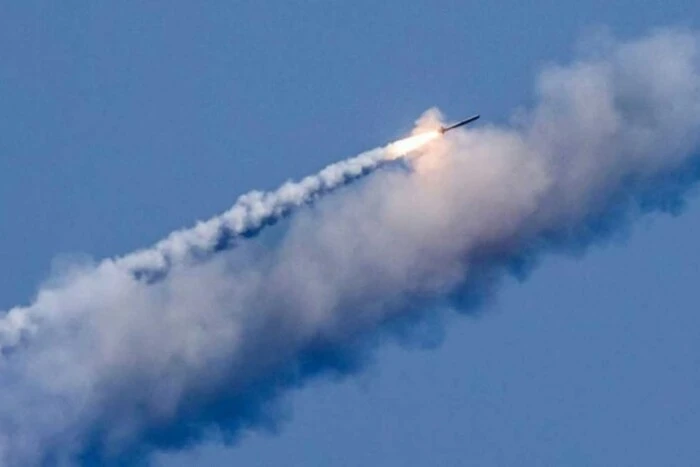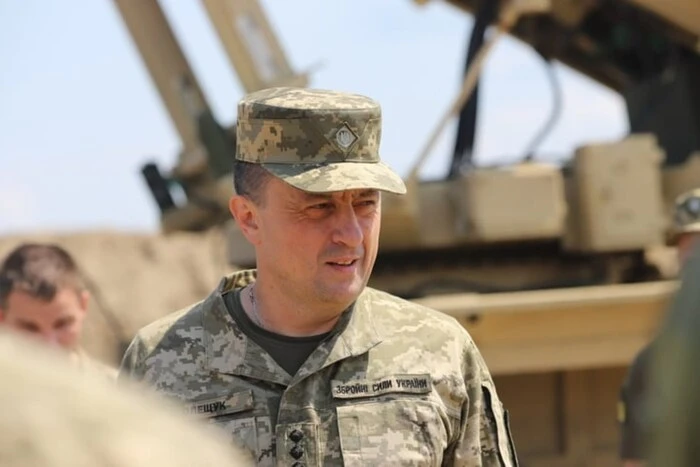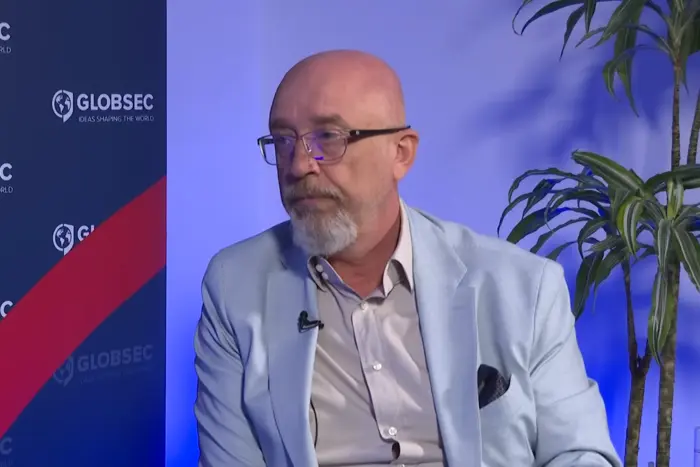Money demanded for exemption from mobilization: law enforcement uncovered employees of the Odesa TCC.


The State Bureau of Investigations discovered employees of the Odesa District Territorial Center for Recruitment and Social Support who were blackmailing conscripts at checkpoints. They demanded money, promising to 'let' them go and help them obtain a deferment from service for a fee of $4,500. If the servicemen refused to pay, they were threatened with being put on the wanted list.
One of the men, having a legal basis for deferment from mobilization due to missing relatives, fell victim to the extortionists. On November 21, 2024, the SBI agents arrested the intermediary while receiving the money.
The detainee has been informed of suspicion of receiving illegal benefits by a public official.
During a search of one of the suspects' premises, he attacked the SBI agents with his service weapon, threatening them. This man is currently detained and has been informed of suspicion of attempted murder of law enforcement officers.
The criminal may face life imprisonment.
Law enforcement agencies also revealed facts of corruption in the Odesa, Donetsk, Cherkasy, Khmelnytskyi, and Chernihiv regions, involving representatives of territorial recruitment centers in evading mobilization. The organizers of these illegal actions have been informed of suspicion.
The Ministry of Defense plans to implement the possibility of online payment of fines in the 'Reserve+' application for violations of military registration.
Read also
- Scandal in the 'Mahura' Brigade: the Commander Reveals Who Was Found Guilty
- The new Attorney General talked about his apartment, wife, and why he did not become the director of NABU
- Zelensky signed a decree on new sanctions - who is under attack
- Occupants struck the training ground of the Armed Forces of Ukraine: there are dead and wounded
- The former commander of the Air Force reported a loss. Zaluzhny's wife expressed her condolences
- Ex-Defense Minister Reznikov spoke about how the Russians behave in negotiations when the press is not present










